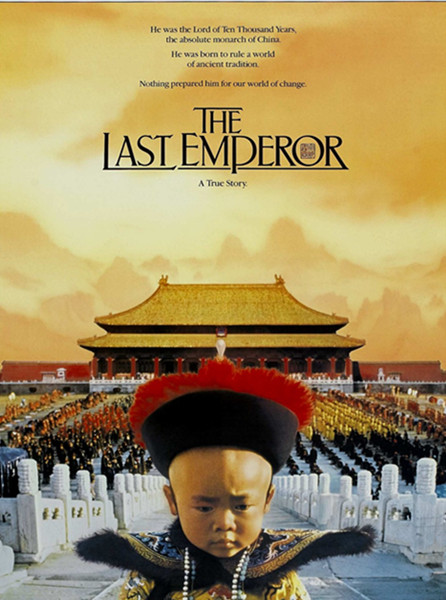 |
|
A poster for the film The Last Emperor [File Photo] |
When the 13th-century Italian merchant and traveler Marco Polo finished his famous book The Travels of Marco Polo, he couldn’t have imagined that seven centuries later his adventures in China would be adapted into a seven-hour film. Made in 1982, it was not only the first film co-produced by China and Italy, but also China’s first international production after the country kicked off its reform and opening-up drive in 1978.
Five years later, China and Italy again co-produced The Last Emperor, which astonished the audience and won nine Oscars, including Best Picture, Best Director, and Best Adapted Screenplay. The "fascinating story" (by Bernardo Bertolucci, director of the film) and the joint effort were applauded by viewers around the world.
Cooperation between China and Italy on film production started then. Now, China’s fast-growing film market has brought Italian filmmakers to court Chinese peers with attractive terms for co-productions.
Competition for "Lions"
As China's film industry grows, it is finally beginning to make its mark, winning awards and recognition around the world.
The first Chinese name in the history of the Venice Film Festival is Hou Hsiao-Hsien, the Taiwanese director who won the Golden Lion for his film A City of Sadness.
Three days earlier, a local reporter wrote, "Well, our Lion is going to speak Chinese this year!" The triumph in Venice raised the New Wave Cinema movement in Taiwan to an unprecedented height.
During the 1990s, Chinese director Zhang Yimou grabbed two Golden Lions for The Story of Qiu Ju and Not One Less, and a Silver Lion for Raise the Red Lantern. Gong Li won Best Actress for her performance in The Story of Qiu Ju, the first Chinese winner of the award in the history of the Venice Film Festival.
After the world stepped into the new millennium, director Ang Lee won the Golden Lion with his films Brokeback Mountain in 2005 and Lust, Caution in 2007.
In 2006 the film Still Life brought the Golden Lion to Jia Zhangke. Between Jia and Lee, Chinese directors won the Festival’s highest award for three consecutive years.
In 2014, Chinese filmmaker Zhang Xun, who has participated in the making of the T.V. mini-series Marco Polo and the film, The Last Emperor, was given the Gillo Pontecorvo Award for her contributions to co-produced movies. The award encourages creativity and particularly cooperation between countries in filmmaking.
"Zhang Xun has been dedicated to promoting cooperation among filmmakers in China, Italy, and other countries in the world," Italian ambassador to China Alberto Bradanini said during the award ceremony. "Thanks to her hard work, other countries are getting to know China and many cooperation projects have been realized."